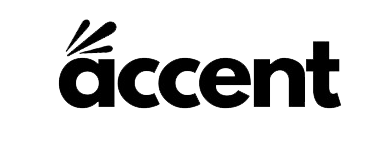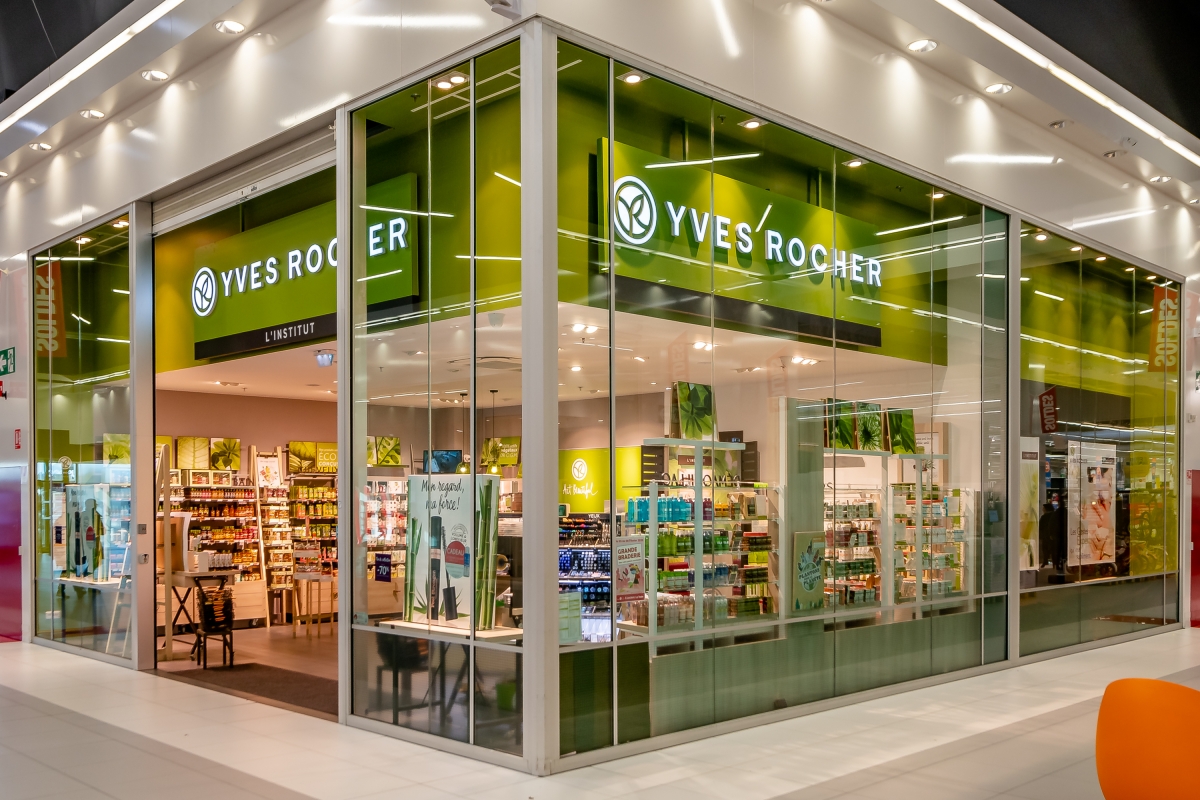The crisis in Ukraine exposes French cosmetic brand YvesRocher’s blurry relationship with Russia.
Earlier this month, the French cosmetic brand Yves Rocher announced they will stand by their Russian clients and collaborators amid increasing international pressures to cease their activities in the country. This decision reflects a decades-long and sometimes muddy commercial relationship with Russia.
While numerous businesses such as Starbucks or Apple are closing their stores in Russia after the invasion of Ukraine,Yves Rocher, along with other French big names such as the yogurt brand Danone or the more widely discussed case of Total, say they are going to continue business as usual with the Eastern superpower. The skincare company issued a statement on March 4th defending this decision by saying they are “standing in solidarity” with their Russian clients and collaborators “who are not responsible for the situation”. Russia is also a crucial market for the brand.
The Russian market represents 15 % of the company revenue
The brand, which markets its products as eco-friendly and sustainable, was created in the French region of Brittany in 1965. Yves Rocher opened its first shop in Russia in 1991. According to the real estate service company JLL, the French skincare brand is one of the most important foreign companies implanted in the country. There is at least one shop in 98% of Russian cities. The Russian market represents 15 % of the company revenue.
In and outside Russia, voices have criticized Yves Rocher for having taken money-driven decisions at the expense of Ukrainians and chosen not to cross the Kremlin, to preserve their market in Russia. It is not the first time the cosmetic company is accused of prioritizing financial gain over ethics. Last year, many already called for a boycott of the brand over its implications in the trial of opposition leader Alexei Navalny.
Yves Rocher behind main opposition leader’s accusation
The 45-year-old politician is now serving an eleven-and-a-half-year prison sentence. He was arrested when he came back to Russia after surviving an assassination attempt, accusing Vladimir Putin of having orchestrated it. His arrest prompted a series of protests in Russia, especially among young people. His treatment and trial were also widely condemned across the world.
But the origin of the charges is more obscure. Navalny was arrested in 2021 for breach of parole because he was in a coma after he was poisoned. He and his brother were accused of fraud in 2012 after the Russian head of Yves Rocher Vostok, a subsidiary of the company in Russia, wrote a letter to the Russian Investigative Committee denouncing activities attributed to the brothers’ transportation company. The information wasn’t made public within Yves Rocher and no internal inquiry was carried out by the group. The letter in itself does not give any proof to back the accusation. The following investigation, on the contrary, showed how Navalny’s company charged less than most of its competitors. In November 2014, Yves Rocher withdrew the accusation. However the charges were not dropped by Russian authorities. The two brothers were condemned for fraud and embezzlement. Adding to prison sentences, they had to pay the equivalent of 370 000 euros of financial damage to Yves Rocher.
Since then, Yves Rocher has not been able to shake off the controversy and the war in Ukraine might well highlight it even more.
Chloé Yannou







